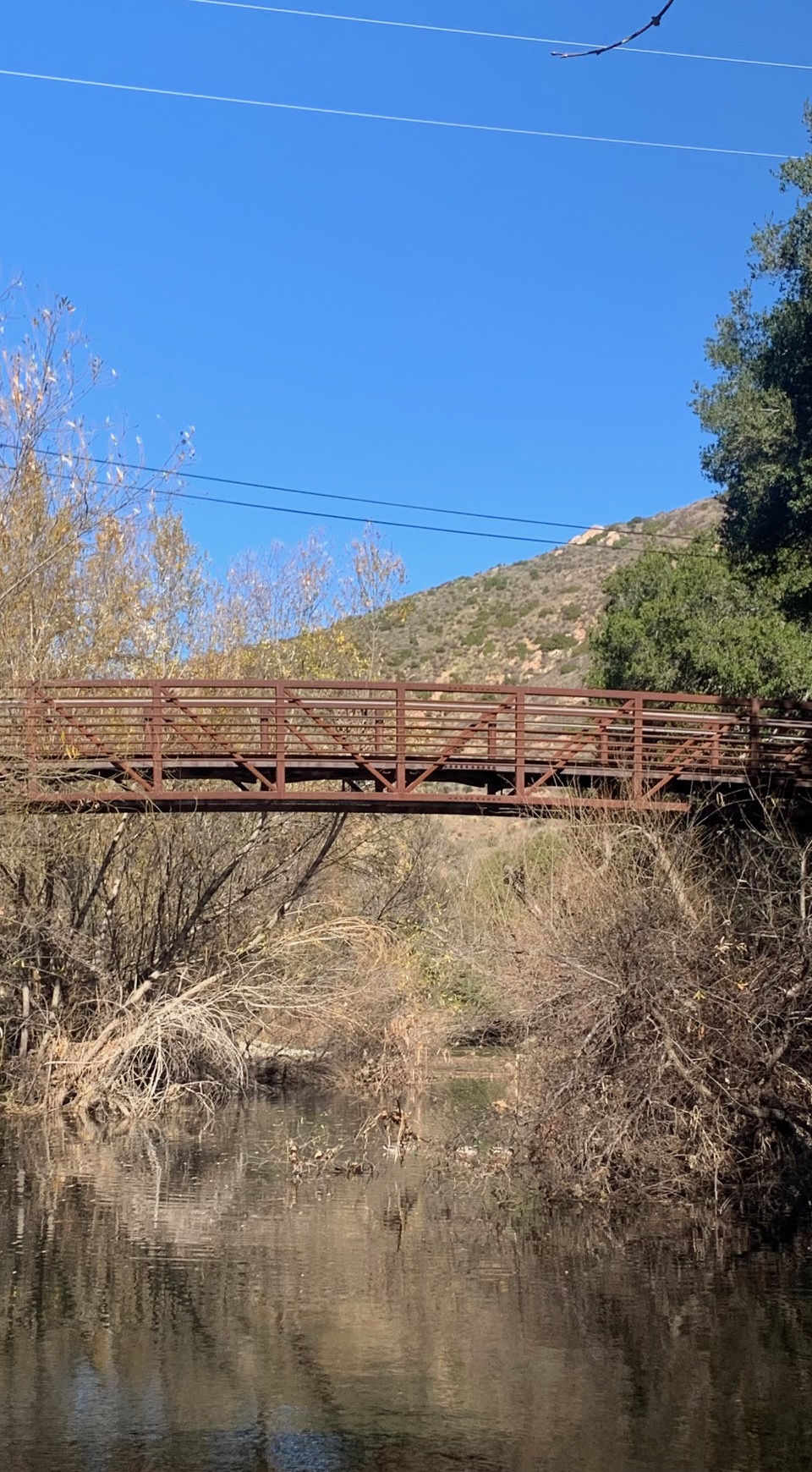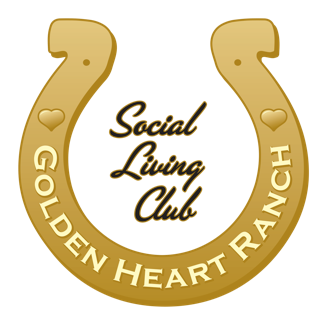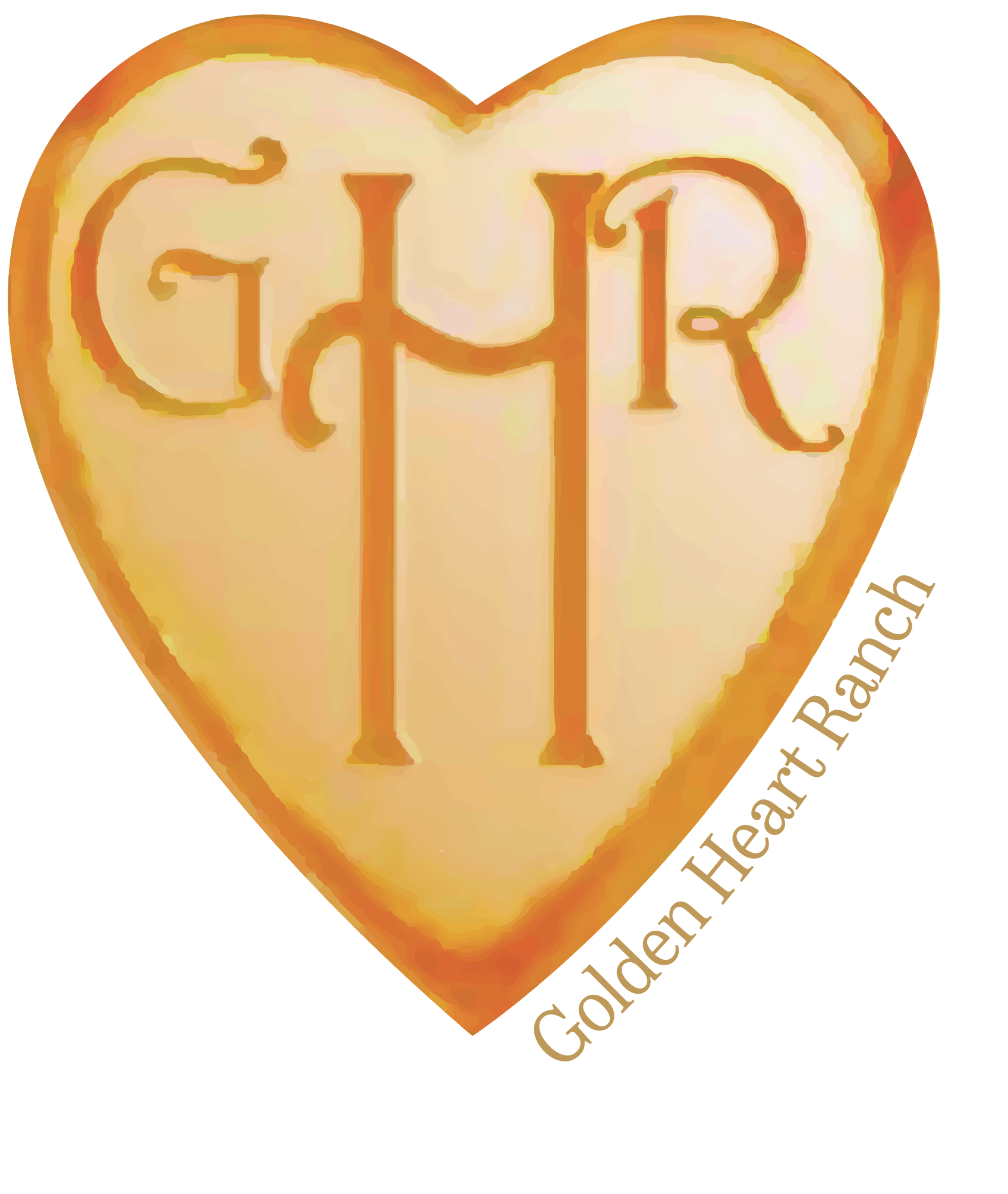Golden Heart Ranch Social Living Club
Website Updates coming soon…
The Best of Both Worlds
Discover the ultimate blend of support and independence at Golden Heart Ranch, programs tailored for young adults with intellectual and developmental disabilities. Our unique approach offers the BEST OF BOTH WORLDS: a nurturing on-site program coupled with exciting community-based activities. At our Ranch, participants engage in structured learning, animal care, fitness, life skills, cooking, and recreational activities, fostering growth and skill development in an inclusive environment.
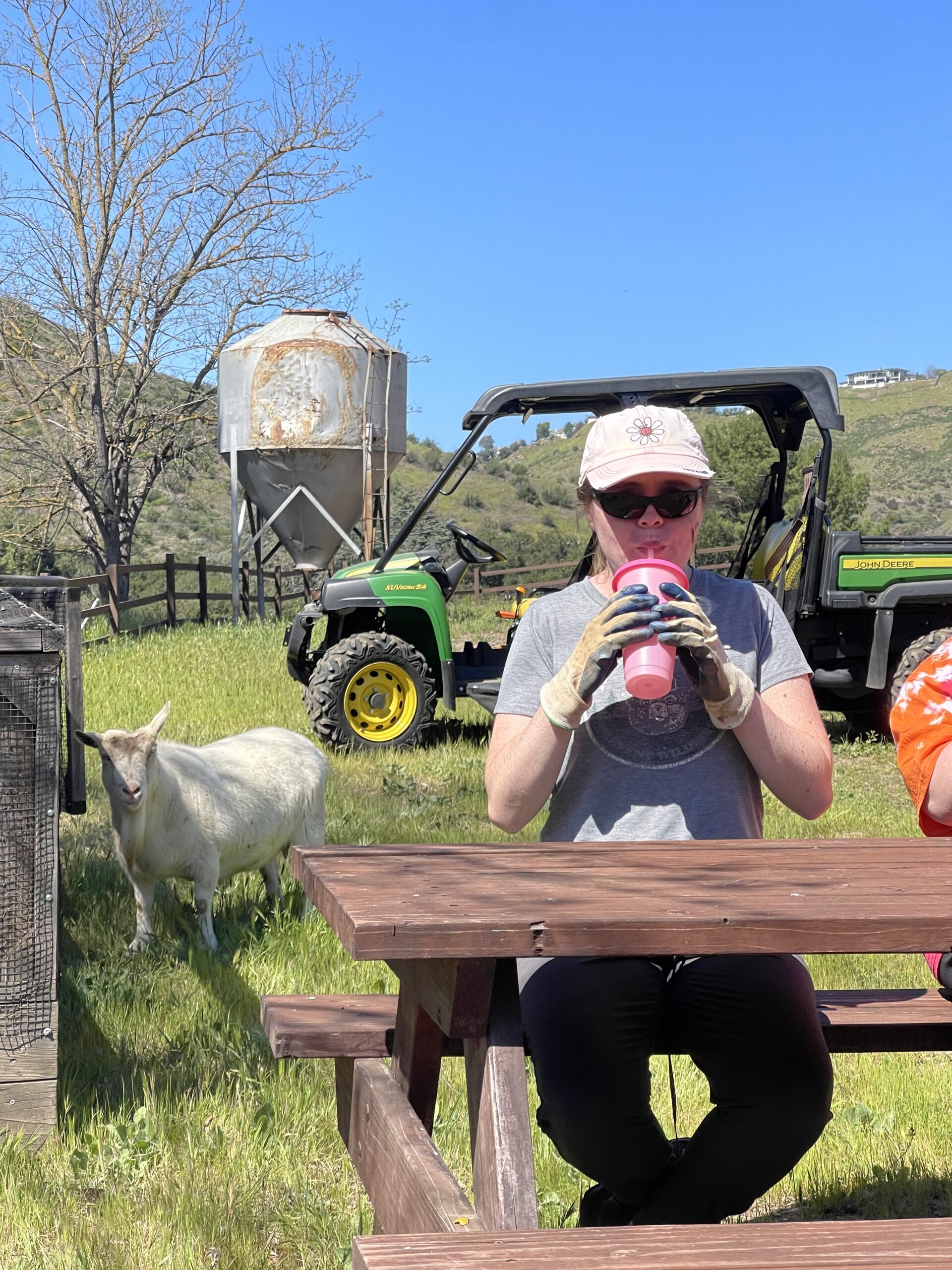
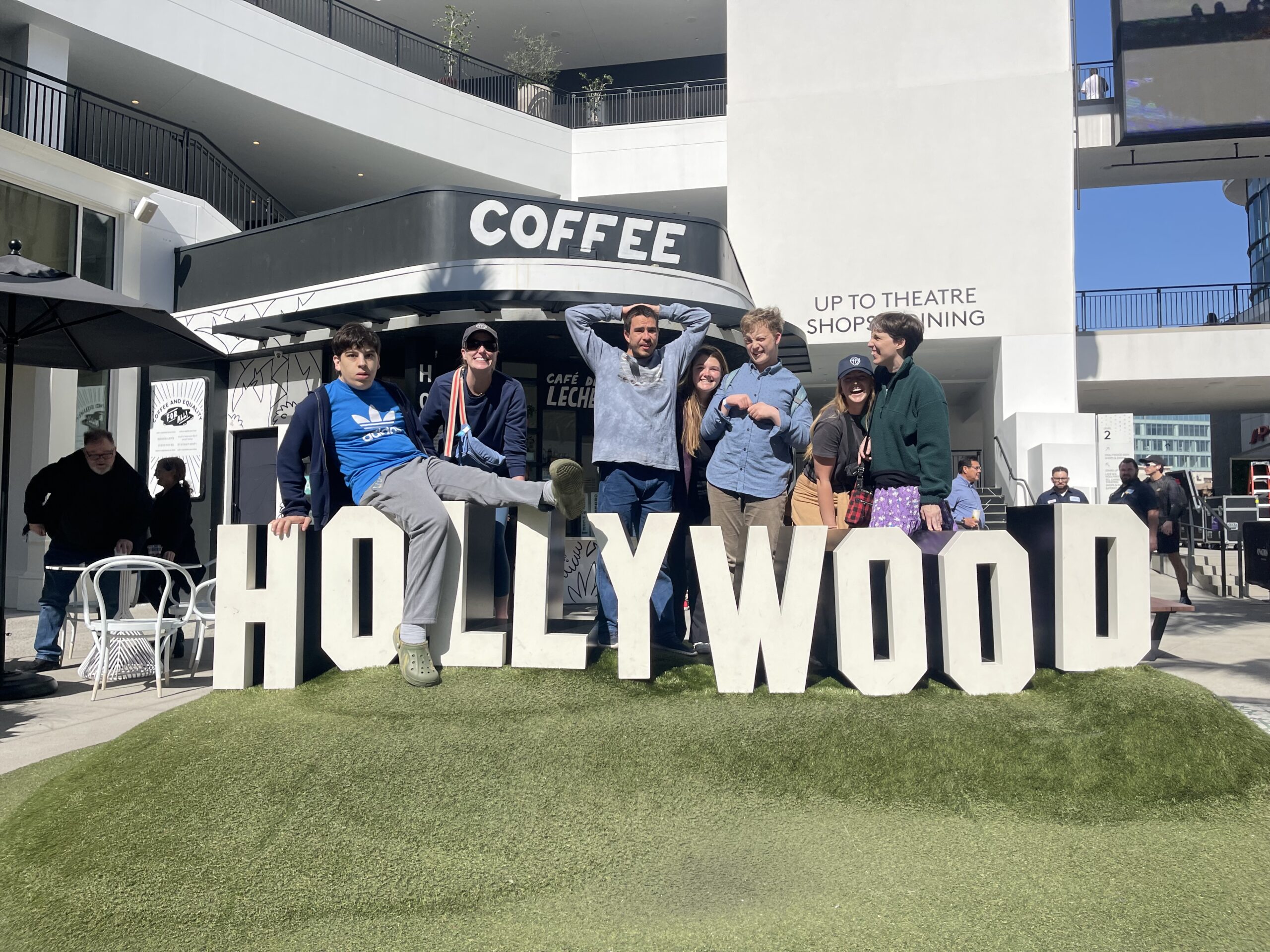
We also provide opportunities for individuals to explore their communities, build social connections, and experience real-world interactions. Whether it’s volunteering at local organizations, exploring nature trails, or participating in cultural events, our program ensures a dynamic balance between structured support and meaningful community engagement. Join us and embark on a journey where every day brings new opportunities for personal growth, empowerment, and fun!
Golden Heart Ranch Programs
Ranch Days
Proving a supportive and engaging environment where Ranchers develop life skills, socialize, and take part in meaningful activities. These programs offer structured routines that promote independence, creativity, and personal growth through vocational training, recreational activities, and community involvement.
Seasonal Camps
Designed for fun offering exciting, activity-filled experiences where Ranchers can explore new interests, make friends, and enjoy the outdoors. With themed events, creative workshops, and recreational adventures, these camps create lasting memories in a supportive and inclusive environment.
Camp Coyote Ridge
An overnight experience
South Bay Evening Social Club
Cook, Create, and Stay in Shape with the South Bay Evening Social Club! Each Thursday Evening Ranchers will engage in various activities aimed at improving social, life, and community based skills.
Golden Heart Ranch
Golden Heart Ranch is a 22-acre property in Agoura Hills, California. The Ranch is for everyone! Complete with a clubhouse, art center, recreation center, cooking programs, an outdoor amphitheater, garden, fitness programs, hiking trails, happy farm animals, and we have over 15 acres of land to explore.
